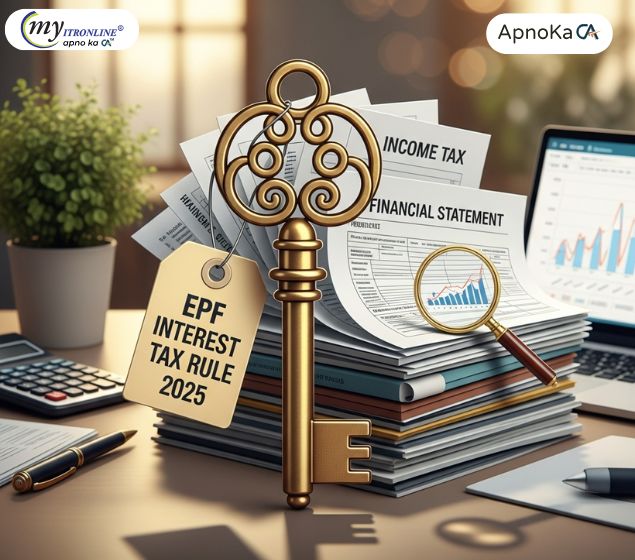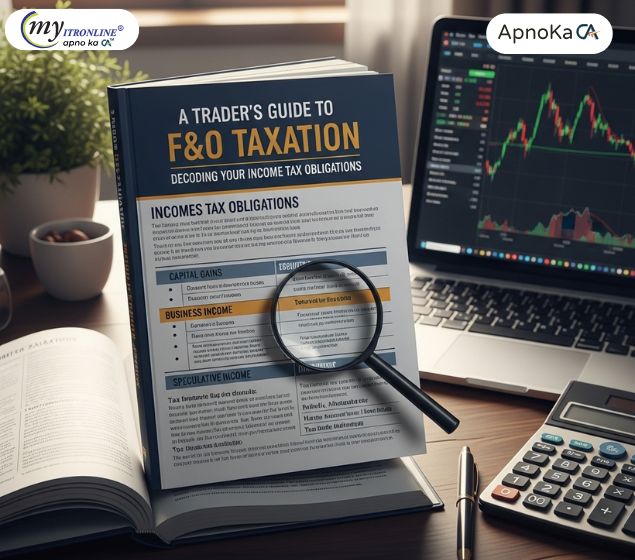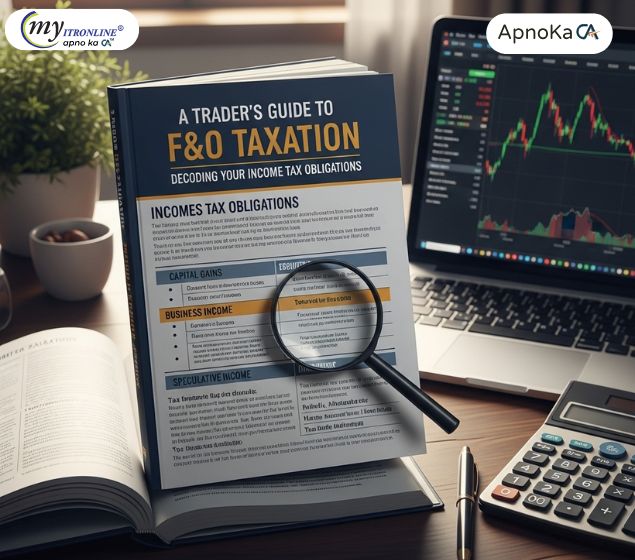# financialplanning
12 posts in `financialplanning` tag

EPF Interest Tax Rule 2025: What You Need to Know
The EPF interest taxation rule introduced in 2021 is now a permanent reality in 2025. Contributions above 2.5 lakh (5 lakh for government employees without employer contribution) attract tax on interest. EPFO maintains separate taxable and non-taxable accounts, with TDS applied on taxable interest. High earners must now plan carefully, track contributions, and explore other investment options to optimize returns.

Didn’t File ITR by September 16? Here’s What You Can Still Do
This blog post provides a comprehensive guide for individuals who have missed the September 16, 2025, deadline for filing their Income Tax Return (ITR) for FY 2024-25. It reassures readers that filing is still possible through a "belated return" by December 31, 2025, but outlines the associated penalties, including late filing fees (₹1,000 or ₹5,000) and interest on unpaid tax. The article also details other consequences of late filing, such as the inability to carry forward certain losses, delayed refunds, and potential loss of specific deductions. It touches on rare exceptions and what happens if even the belated deadline is missed. Finally, it offers practical advice to act promptly, gather documents, compute accurately, and seek professional help, promoting MyITROnline as a solution for simplified tax filing.

Smart Property Moves: How Sections 54 and 54F Can Slash Your Tax Bill on Residential Property Sales (Latest Rules 2025)
Discover how Sections 54 and 54F of the Indian Income Tax Act provide crucial tax exemptions on Long-Term Capital Gains from property sales. This comprehensive guide covers the latest rules for 2025, including the new ₹10 Crore cap and the two-house option under Section 54, offering practical examples and a step-by-step plan for effective tax planning.

A Trader's Guide to F&O Taxation: Decoding Your Income Tax Obligations
This guide explains the crucial aspects of Futures & Options (F&O) taxation in India. It clarifies that F&O income is categorized as 'Non-Speculative Business Income', detailing how to calculate turnover based on 'absolute profit' plus premiums. The guide outlines various deductible expenses to reduce taxable income and explains when a tax audit is mandatory, especially for losses or specific turnover thresholds. Finally, it covers how to manage F&O losses through set-off and carry-forward, and provides essential information on ITR filing (ITR-3), applicable tax rates, and advance tax payments, ensuring traders stay compliant and manage their finances effectively.

A Trader's Guide to F&O Taxation: Decoding Your Income Tax Obligations
This guide explains the crucial aspects of Futures & Options (F&O) taxation in India. It clarifies that F&O income is categorized as 'Non-Speculative Business Income', detailing how to calculate turnover based on 'absolute profit' plus premiums. The guide outlines various deductible expenses to reduce taxable income and explains when a tax audit is mandatory, especially for losses or specific turnover thresholds. Finally, it covers how to manage F&O losses through set-off and carry-forward, and provides essential information on ITR filing (ITR-3), applicable tax rates, and advance tax payments, ensuring traders stay compliant and manage their finances effectively.
.jpg)
Income Tax Depreciation Rates for FY 2025-26 (AY 2026-27): The Complete Guide
A comprehensive guide for businesses on the depreciation rates and rules applicable for the Financial Year 2025-26 under the Indian Income Tax Act. The blog details the core principles, including the 'Block of Assets' concept and the WDV method. It provides a clear breakdown of depreciation rates for various asset classes like buildings, machinery, and intangible assets. Furthermore, it covers crucial special provisions such as additional depreciation for manufacturing units, rules for the sale of assets, and recent updates like the non-depreciable status of goodwill, empowering businesses with the knowledge for effective tax planning and compliance.
.jpg)
Lost Your Form 16? Don't Panic! Here's How to File Your ITR Successfully Without It.
This comprehensive guide addresses the common concern of a missing Form 16. It empowers salaried individuals to confidently file their Income Tax Return by detailing essential alternative documents (pay slips, Form 26AS, AIS) and providing a clear, step-by-step process for successful and compliant ITR filing, ensuring no one misses the deadline due to a lost document.
.jpg)
Oops! Did You Make an ITR Mistake? Here's How to Easily File a Revised Return
Made an error on your Income Tax Return? Don't stress! This comprehensive guide walks you through the process of filing a Revised Return under Section 139(5) for Assessment Year 2025-26. Learn common reasons for revision, key deadlines, and a simple step-by-step online process to ensure your tax records are accurate and penalty-free.
.jpg)
Big News for Property Sellers: IREDA Bonds Now Offer Up to 50 Lakh Tax Exemption on Capital Gains!
This blog post details how the Central Board of Direct Taxes (CBDT) has granted "54EC status" to IREDA bonds, offering property sellers a significant tax exemption of up to 50 lakh on long-term capital gains. It explains what 54EC bonds are, why IREDA's inclusion is beneficial for both investors and India's green energy goals, how the tax exemption works, key investment considerations like limits and lock-in periods, and who can invest. The post highlights the advantages of investing in these safe, fixed-return bonds while contributing to a sustainable future.
.jpg)
Digital Assets & Tax: What's New for Indian Investors in FY 2025-26?
India's digital asset taxation is maturing. For FY 2025-26, the core 30% tax and 1% TDS on VDAs remain, but expect a wider definition of VDAs and mandatory reporting by exchanges. This blog details current rules and what enhanced compliance means for crypto and other new-age investors.
.jpg)
The Latest on Partner Remuneration: FY 2025-26 Tax Changes Explained
The FY 2025-26 brings crucial changes for partnership firms & LLPs regarding partner remuneration. This blog decodes the new, increased deduction limits under Section 40(b) and the mandatory TDS introduction via Section 194T on payments to partners. It covers who's a working partner, the role of the partnership deed, and essential compliance steps for firms.
.jpg)
Tax Smart: Your Easy Guide to Capital Gains in India
This blog provides a simple and easy-to-understand guide to Capital Gains Tax rates in India for various assets like shares, mutual funds (debt & equity), gold, and property, differentiating between short-term and long-term gains.
